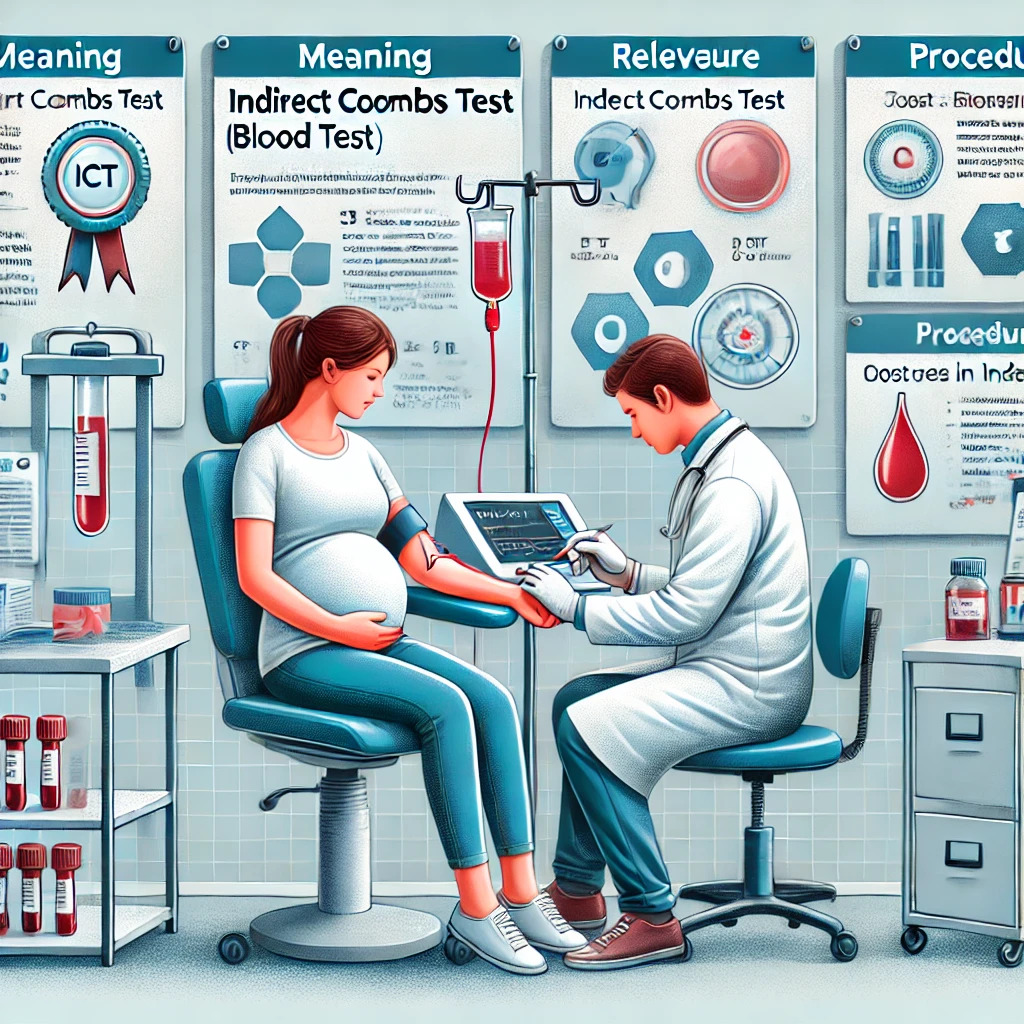How to Sleep with a Kidney Stent: Tips to Make it Easy

A kidney stent is placed by your doctor to make you feel better and for urine to flow without any obstruction from kidney to bladder. But it can cause some discomfort. For some people, it can be a real challenge to get a good night's sleep with a kidney stent.
But these challenges can be overcome to a large extent with some tips and tricks. There are certain things which can help reduce stent related discomfort. This blog will guide readers to understand kidney stents, provide some tips for sleeping comfortably with a kidney stent, discuss some precautions and what to discuss with your doctor.
What is a Kidney Stent?
A kidney stent is a thin, flexible tube which is inserted into the ureter. It is also called a ureteral stent. This stent is placed to connect your kidney to the bladder in case of obstructions. The main purpose of a kidney stent is to help the urine flow from kidney to the bladder and prevent blockages. Blockages or obstructions can often be a result of kidney stones, surgery, injury, or other issues. These stents are usually temporary solutions but they can be necessary for maintaining kidney function and to relieve symptoms because a blocked urine flow is a serious issue. Some people may find these uncomfortable especially during sleep.
Tips for Sleeping with a Kidney Stent
It is really important for everyone to sleep well and even more important for people recovering from procedures like getting a kidney stent. When you sleep well, your body can repair itself better and this helps you regain strength. But if you feel a kidney stent placement is not letting you sleep well, some tips and tricks can help to improve your sleep:
1. Choose the Most Suitable Position:
There isn't a universal consensus yet on the single best position to sleep after a kidney stent but you can try different positions to find what suits you best. Finding a comfortable sleeping position may take time. Many people can sleep better if they lie on the opposite side from where the stent is placed. It can be made more comfortable with a pillow between the legs. This can reduce pressure on the abdomen and the ureter. If you like to sleep on your back, a pillow under your knees can decrease tension.
2. Use extra pillows:
Using more pillows for better support can make you feel comfortable and decrease pressure in the abdominal region. You can try raising your upper body with a wedge pillow for reducing pressure on the stent. Try arranging pillows differently to find what feels best for you.
3. Dress comfortably and preferably in softer fabrics:
Tight clothing can be uncomfortable when sleeping and it can give a feeling of extra pressure around the abdomen. You should try wearing loose-fitting nightwear if you have a kidney stent.
4. Limiting Fluids Before Bed Can Help:
It is important to drink plenty of hydrating liquids when you have a kidney stent. Liquids help to flush urine. But drinking more fluids around the bedtime will lead to extra trips to the bathroom during the night. Try to have less fluids in the but do stay properly hydrated throughout the day to prevent urinary issues. You may drink less fluids if advised by your doctor as it may be necessary with some health conditions.
5. Practice Relaxation Techniques:
For a good night's sleep with a kidney stent or without it, try to manage your stress and anxiety. Many people find deep breathing, meditation, gentle yoga, or other such practices before bed to be calming and sleep inducing.
6. You Might Need a Consistent Sleep Schedule:
Having a regular sleep routine can improve the quality of your sleep. Similar or same time to sleep and wake up can help with sleep because it can regulate the body's internal clock.
7. Create a Comfortable Sleep Environment:
Try creating a space which supports deep sleep. A dark room definitely helps and so does silence and a comfortable temperature. You can also use white noise machines.
8. Over-the-Counter Pain Relief:
Consult with your doctor about taking over-the-counter painkillers if other things don't help to decrease stent related discomfort. You may be advised to take ibuprofen or acetaminophen before bed. Any painkiller should be started after consulting with a doctor because they should not impact your stent and should be safe according to your health status.
9. You Can Ask Your Doctor About alpha-blockers:
Alpha-blockers are medicines used for various urinary issues. These medicines can help people by reducing spasms in the ureters. But they may have some concerning side effects which is why you should take them only if the doctor says so.
10. Ask your doctor if anticholinergics may help you and are safe:
These medicines may help people sleep better with a kidney stone but can only be taken after your doctor prescribes them. These can reduce urinary frequency or urgency. This results in lesser night-time bathroom visits. These can have some serious side effects which is why you can never self-medicate.
Also Read: - Danger level of sgpt and sgot
Precautions and Restrictions
It is important that you are aware of certain precautions after getting a kidney stent placed:
Avoid Strenuous Activities: as these can increase discomfort and put a strain on the stent.
Be aware about these symptoms: If you have severe pain, fever, or changes in urination, contact your healthcare provider immediately.
Remember to hydrate: Although limiting fluids before bed can help if you have a kidney stent, do have enough liquids throughout the day. You need to drink plenty of water to help flush your system and reduce the risk of urinary infections. If due to any health issue, you are advised to limit fluids, follow your medical advice.
Stick to Post-Operative Care Instructions: Always follow all the instructions provided by your healthcare provider for the stent.
Never Miss Appointments: Regular follow-up visits with your doctor are necessary to evaluate your condition and to prevent/address any complications.
What to Ask Your Doctor?
If you have a kidney stent, it’s important to talk to your doctor openly and without hesitation. Here are some important questions to ask:
1. What type of symptoms or discomfort is normal?
2. Are there specific sleeping positions with a kidney stent you recommend?
3. Which medications can I take for pain relief and other symptoms?
4. When should I come in for follow-up visits?
5. When should I seek immediate medical attention?
Always follow what your doctor recommends.
When to See Your Doctor When You Have a Kidney Stent?
If you experience any of the following symptoms with a kidney stent,consult your healthcare provider immediately:
1. Severe Pain: or worsening pain in your side or lower back that doesn’t get better with over-the-counter medications.
2. Fever or Chills: could be a sign of an infection.
3. Changes in Urination: such as blood in your urine, sudden and severe increase in urgency, or difficulty/inability to urinate.
4. Persistent nausea or Vomiting: can be a sign of a blockage or infection.
5. Swelling in abdomen: a significant swelling or tenderness in your abdomen.
Also Read: - TC DC blood test normal range
Conclusion
Sleeping with a kidney stent can be a challenge but certain measures and simple changes can bring comfort. It is very important to talk openly with your doctor and ask the important questions.
O-Lab in Jammu can be an important partner while you navigate this phase of your health journey. Contact us if you need any blood or urine tests. Samples can also be collected from home.





